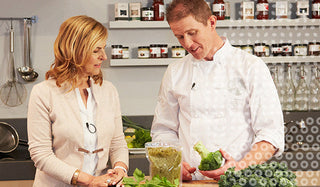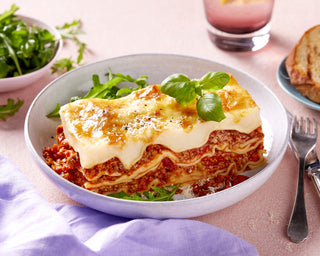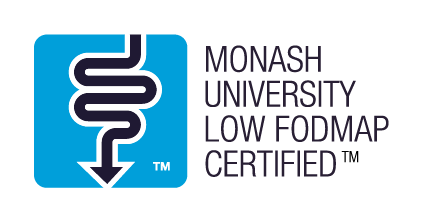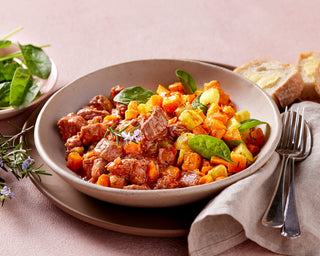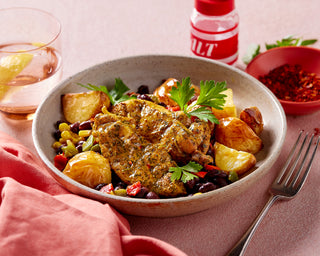Having just enjoyed another great National Science Week, this week we wanted take a look at some common nutrition misconceptions. With the huge amount of nutrition mis-information that is available online and in the media, it’s easy to be confused about what to eat and what not to eat!
Going gluten free is healthy
Without a doubt gluten free is going mainstream. The gluten-free movement has seen a huge surge in popularity in recent years, with many celebrity experts endorsing the trend. Gluten is found in the grains wheat, barley, oats and rye as well as products made with these grains. People with coeliac disease must follow a gluten free diet and those who are gluten intolerant also benefit from choosing gluten free foods, but for the rest of us going gluten free is an unnecessary restriction. Missing out on grain foods can make it harder to meet fibre requirements, which is so important for fuelling the healthy bacteria in our gut. If you think that you may be intolerant, have a chat to an Accredited Practising Dietitian to find out which foods are best for you and if you do need to follow a gluten free diet,
read our previous article here.
Sugar makes you fat.
It goes without saying that a diet filled with sugary foods like soft drink, confectionary, cakes, biscuits, doughnuts, ice cream is not good for us. It is very easy to overconsume these foods and as we all know sugar makes fat taste great. Having said that a small amount of sugar used to enhance the taste of other healthy foods is not necessarily that bad for us. Drizzling a little honey on a steaming bowl of steel cut oats or having an occasional square of dark chocolate is more about balance. Provided we are physically active and watch portion sizes of other food a small amount will not cause weight gain. There has been a lot of talk lately that sugar is toxic and the sole cause of overweight and obesity. In fact, there is no one food or nutrient that can be blamed for our increasing waistlines. If you eat too much of anything and don’t adjust your energy expenditure accordingly then weight gain is possible. Remember that moderation is key and reflects the wisdom of a well balanced diet!
Raw vegetables are better than cooked.
Raw vegetables are not always superior to their cooked counterparts, in fact, some vegetables are more nutrient dense when they are cooked. Tomatoes are a great example, as cooking them increases the availability of the antioxidant lycopene. Cooking can also help break down plant fibres in order to increase the absorption of some nutrients. The key issue is to not overcook vegetables or soak them in water for long periods of time as many of the water soluble vitamins can be destroyed. To get the best outcome, aim for a colourful variety of fresh and lightly cooked vegetables each day. Adding a little bit of healthy fats like olive oil in a dressing or avocado or nuts and seeds will help absorb the fat soluble phyto nutrients which will increase antioxidant power. If you haven’t had a chance to read our previous article:
Super Veg, now is the time!
Fresh is better than frozen.
There is often a negative misconception that frozen foods lose a lot of their nutrients. Freezing can actually help keep nutrients intact, if you do it the right way. Interestingly some studies have shown that frozen fruits and vegetables have a higher nutritional value than many fresh fruits and vegetables sold in supermarkets especially if they have been stored poorly. Snap-freezing produce soon after it has been picked means that there is less exposure to air, which reduces the nutrient loss. Freezing foods also means that no preservatives are needed it keep it fresh. Of course nothing beats picking fruits and vegetables straight from the backyard orchard or vegie patch. Find out more in our article:
Turning up the heat on frozen food here.
